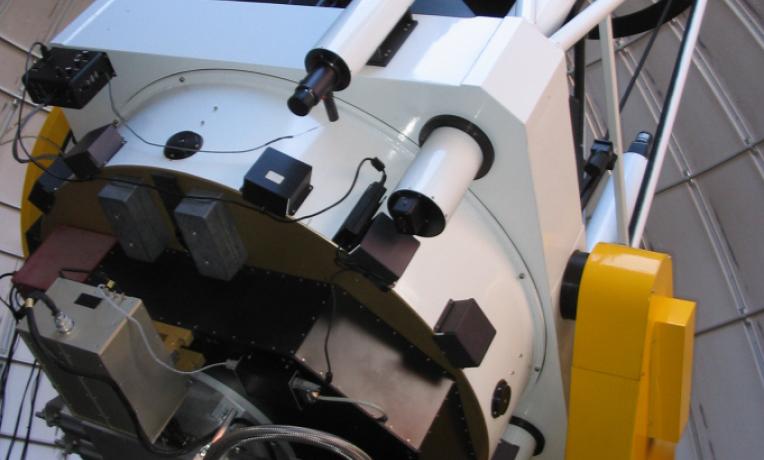New frontiers in observational astronomy
As empirical experiments are almost impossible in astronomy, research in this field relies heavily on observation. Prof. Andrzej Udalski set new frontiers in observational astronomy, in particular in the search for extra-solar planets, using a cutting-edge gravitational microlensing technique which enables the study of celestial objects irrespective of the light they emit.

The OGLE survey has contributed to many fields of modern astrophysics including gravitational microlensing, extrasolar planet searches, stellar astrophysics and Galactic structure. The main scientific goal of the OGLE-IV phase is the second generation planetary microlensing survey. It aims to provide top rank discoveries of the Earth mass planets and to make a census of planets down to Earth masses orbiting their hosts at 1-5 astronomical units orbits. This is just possible by observing gravitational microlensing phenomena – extremely rare events occurring thanks to the gravitational lens effect. They can be used to detect objects ranging from Earth mass planets to very massive stars, or even black holes, regardless of the light they emit.
Prof Udalski is also conducting research in many other top rank astrophysical areas such as the Galactic disk studies, the search for Pluto size dwarf planets from the Kuiper Belt, the search for free-floating black holes, studies of variable stars and microlensing in the Magellanic Clouds.
This project has already discovered 10 new Jupiter-sized planets floating in interstellar space far from the light of any nearby parent star. Although scientists have always had a hunch that free-floating planets exist, such objects practically do not emit energy and being lonely do not disturb other bodies. Therefore they remained undetected until the microlensing technique was employed. In 2011, the magazine Science listed the discovery of free-floating planets among its 10 scientific ‘breakthrough of the year’
The discovery and characterization of free planets will contribute to a better understanding of how diverse planetary systems are formed. Moreover, gravitational microlensing has also proven to be a successful tool in the study of astrophysical phenomena.


